Learning
Showing 1 to 30 of 37 results
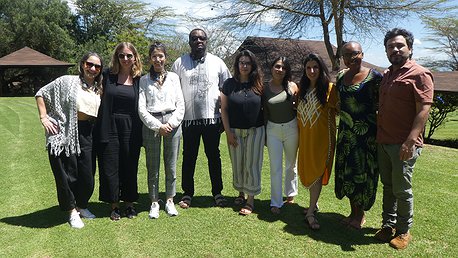
Reflecting on transformation and collective learning through a milestone workshop in Kenya
As we reach the end of a two-year project supported by the Ford Foundation, we held a reflection and learning workshop in Naivasha, Kenya.
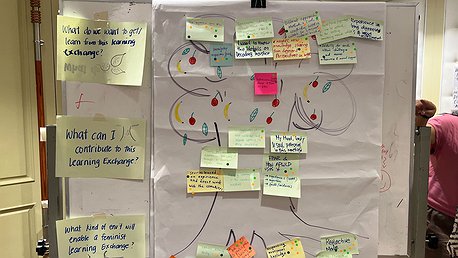
Decoding Injustice in practice: taking stock of what we’ve learned in 2023 and where we’re headed in 2024
From learning exchanges with organizations in Tunisia and the Asia Pacific to transformative research projects in the Philippines and Zambia, the program navigates the intersection of discrimination, policy decisions, and economic trends. Here, we explore Decoding Injustice's impactful journey over the past year and what comes next.

Using indicators to measure what we treasure
New initiatives are developing indicators to capture shifts in the policy landscape. Here, our team reflects on the efforts we and our allies are making to measure what matters.
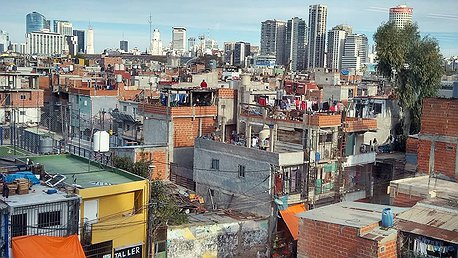
Latin America: CESR course on budgets and human rights
Registration is open for CESR's course "Sin recursos no hay derechos" at the Latin American "School for Activists", organized by our partners ACIJ, Namati & Red de Empoderamiento Jurídico.

Our commitment to Equity and Justice: Reflecting on CESR’s journey to embody these values
We’ve embarked on a process of analyzing our work and workplace to fully embody the values we want for the world.

Are We Advancing Towards a Rights-Based Economy?: Outcomes of CESR’s mid-strategy review process
More activists and organizations are increasingly incorporating a human rights lens into their work, boosting efforts to transform the dominant economic system.
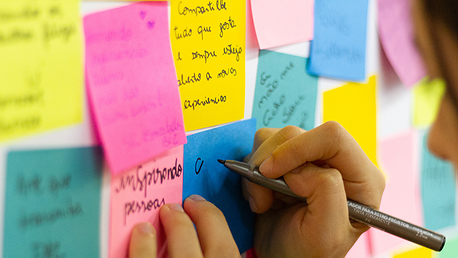
Reclaiming the Narrative: Using Data to Shift Power for Economic and Social Rights
Human rights can help us examine how power is reproduced in the production, collection, and use of data. They also suggest how we can correct these imbalances and distortions. We are engaging in collective efforts to develop data principles for economic, social, and cultural rights.

Zooming Out: Strategizing for a Just Recovery in Virtual Spaces
We recently experimented with a new format for sparking conversations online, gathering more than 50 partners and allies. The result? Valuable insights on the shared challenges of building a just recovery from COVID-19.
_2_0.jpg.458x258_q85_box-0%2C328%2C969%2C873_crop_detail.jpg)
Embedding Human Rights in Economic Responses: Learnings From Recovering Rights
At the end of last year, we asked readers and co-authors of our Recovering Rights series for their feedback. Here we share some of the insights we heard and lessons we’ve learned from this exercise.
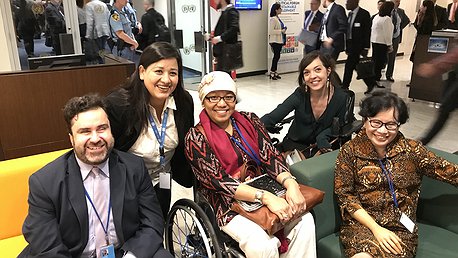
Confronting COVID: How Civil Society is Responding Across Countries | The Rights of Persons With Disabilities
Polly Meeks, Elizabeth Lockwood, and Mohammed Ali Loutfy discuss the dire impact of the pandemic on persons with disabilities and how to effectively uphold their rights.

Confronting COVID: How Civil Society is Responding Across Countries | New Zealand
Paul Hunt, Chief Human Rights Commissioner for Aotearoa New Zealand, narrates how the institution faced the human rights emergency brought on by the pandemic.
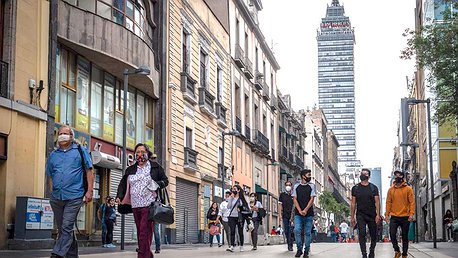
Confronting COVID: How Civil Society is Responding Across Countries | Mexico
Máximo Ernesto Jaramillo-Molina of Fundar, Center of Analysis and Research explains the policy responses needed to respond to the pandemic in Mexico.
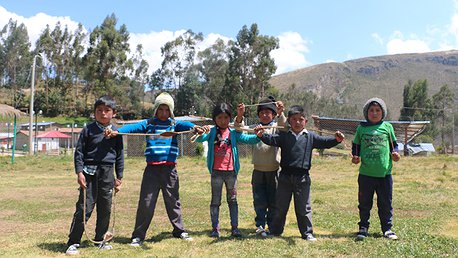
Fiscal justice and human rights: strengthening collective counterpower for a transformative recovery in Latin America and the Caribbean
Latin America will be the region most affected by the COVID-19 pandemic, suffering its worst crisis in the last hundred years ,and the impacts will affect a region that already suffers severe inequality.
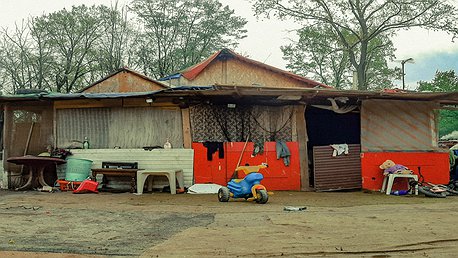
Confronting COVID: How Civil Society is Responding Across Countries | Serbia
Danilo Ćurčić discusses how in a country where nearly one quarter of the population is at risk of poverty, the pandemic has had devastating consequences on already marginalized communities.

Confronting COVID: How Civil Society is Responding Across Countries | Brazil
The Fight for Human Rights in the Context of COVID-19: a tough ride for Brazilian civil society organizations. Guest blog by Livi Gerbase, policy advisor at the Instituto de Estudos Socioeconômicos (INESC).
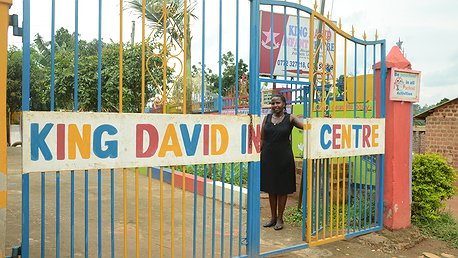
Confronting COVID: How Civil Society is Responding Across Countries | Uganda
Angella Nabwowe Kasule, of Uganda's Initiative for Social and Economic Rights, calls on the Ugandan government to allocate enough funding for rights-affirming public services.
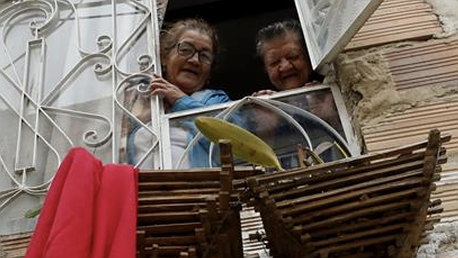
Confronting COVID: How Civil Society is Responding Across Countries | Colombia
Dejusticia's Alejandro Rodríguez Llach discusses the need for more comprehensive, rights-affirming income protections for Colombia's most vulnerable citizens, post-COVID.

Confronting COVID: How Civil Society is Responding Across Countries | Scotland
Alison Hosie, of the Scottish Human Rights Commission, argues for using human rights principles to shape the Scottish budgetary process, in order to "build back better."

Confronting COVID: How Civil Society is Responding Across Countries | Brazil
Grazielle David, of the Fiscal Justice Network of Latin America and the Caribbean, discusses Brazilian civil society's efforts to create fiscal space for rights funding in the face of longstanding austerity and the federal government's lack of coordinated responses to the pandemic.
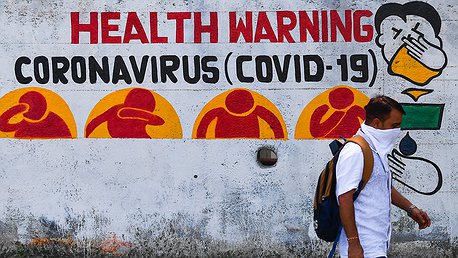
Strategy in the Time of COVID-19
As CESR takes stock of the implications of the pandemic for its longer-term organizational strategy, we reflect on the challenges and opportunities the crisis presents to leveraging human rights more effectively in struggles for economic justice.
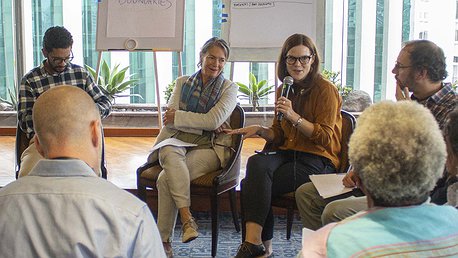
CESR Asked for Feedback to Inform Its New Strategy: This is What We Heard
CESR is grateful for survey responses from more than 30 partners and allies helping us drill down on key questions to answer as we design our next organizational strategy.
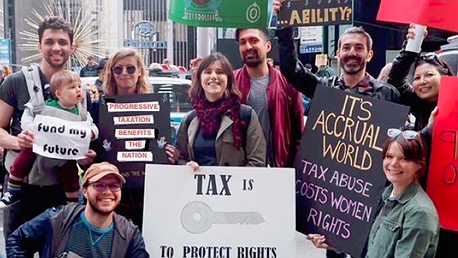
An Invitation to Help Shape CESR's New Strategy
As CESR develops its next strategic plan, Executive Director Ignacio Saiz asks for feedback to help us position ourselves for greater impact on the critical issues that inform our organizational vision.
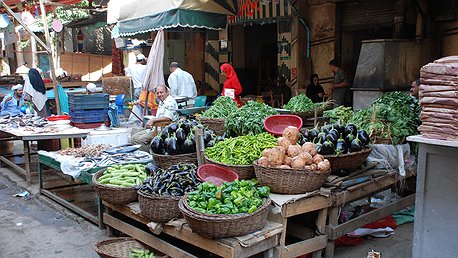
Co-designing and Threat-modeling Accountability Tools for Restricted Civic Spaces: the Egypt Social Progress Indicators Platform
CESR staffers will be at #RightsCon next week in Tunis and on June 13th will host a session on "Co-designing and Threat-modeling Accountability Tools for Restricted Civic Spaces."
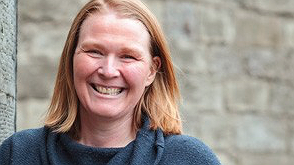
OPERA Stories: Using the framework to map community concerns in Scotland
Alison Hosie discusses how OPERA allowed the Scottish Human Rights Commission's diverse group of workshop participants to approach socioeconomic issues from a more human rights-based analytical perspective.

OPERA Stories: Using metrics to reframe “progress” in Egypt
Heba Khalil is a longstanding collaborator with CESR, most recently on the Egypt Social Progress Indicators. She is a PhD student at the University of Illinois and a researcher with the Social Justice Platform (SJP).
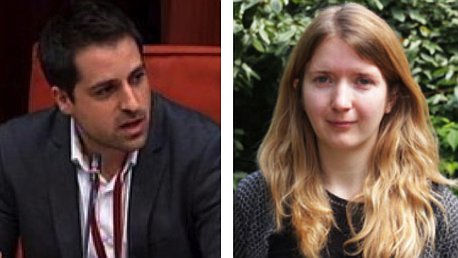
OPERA Stories: Giving indicators and benchmarks a human face in the UK
Koldo Casla and Imogen Richmond-Bishop discuss using OPERA in a national human rights context and the importance of a human element in rights advocacy work.
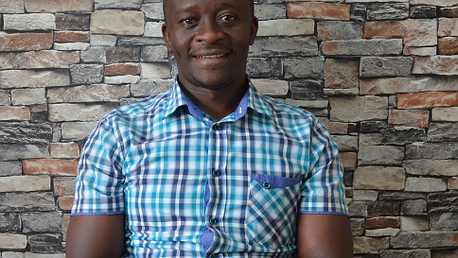
OPERA Stories: Advancing rights implementation in Kenya
This first blog in our “OPERA Stories” series highlights NGO Hakijamii's use of OPERA, our analytic framework, to support rights-claiming in Kenya.

Human rights must rise to the challenge of growing inequality, not retreat in defeat
The challenges economic inequality poses for human rights are not the death knell for the movement but a wake-up call for a more holistic approach.
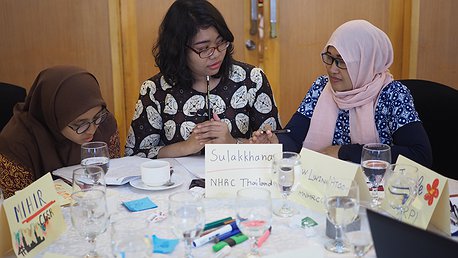
The next act for OPERA
The OPERA House project asks which tools human rights activists need to better understand and tackle the unjust socioeconomic structures that cause so many of the world’s human rights violations.

Economic inequality and human rights: towards a more nuanced assessment
The challenges facing human rights are not the death knell for the movement, but a wake up call for a more holistic approach.